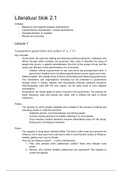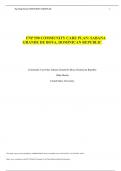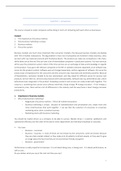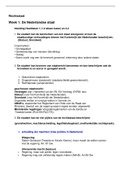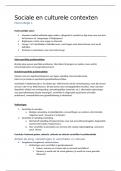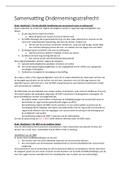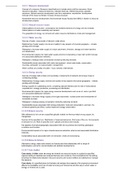Samenvatting
Samenvatting literatuur blok 2.1 Political Science, Bestuurskunde Erasmus Universiteit Rotterdam
- Instelling
- Erasmus Universiteit Rotterdam (EUR)
Samenvatting van de literatuur nodig voor Political Science, blok 2.1 van Bestuurskunde, Erasmus Universiteit Rotterdam. Tentamencijfer: 8.3
[Meer zien]
